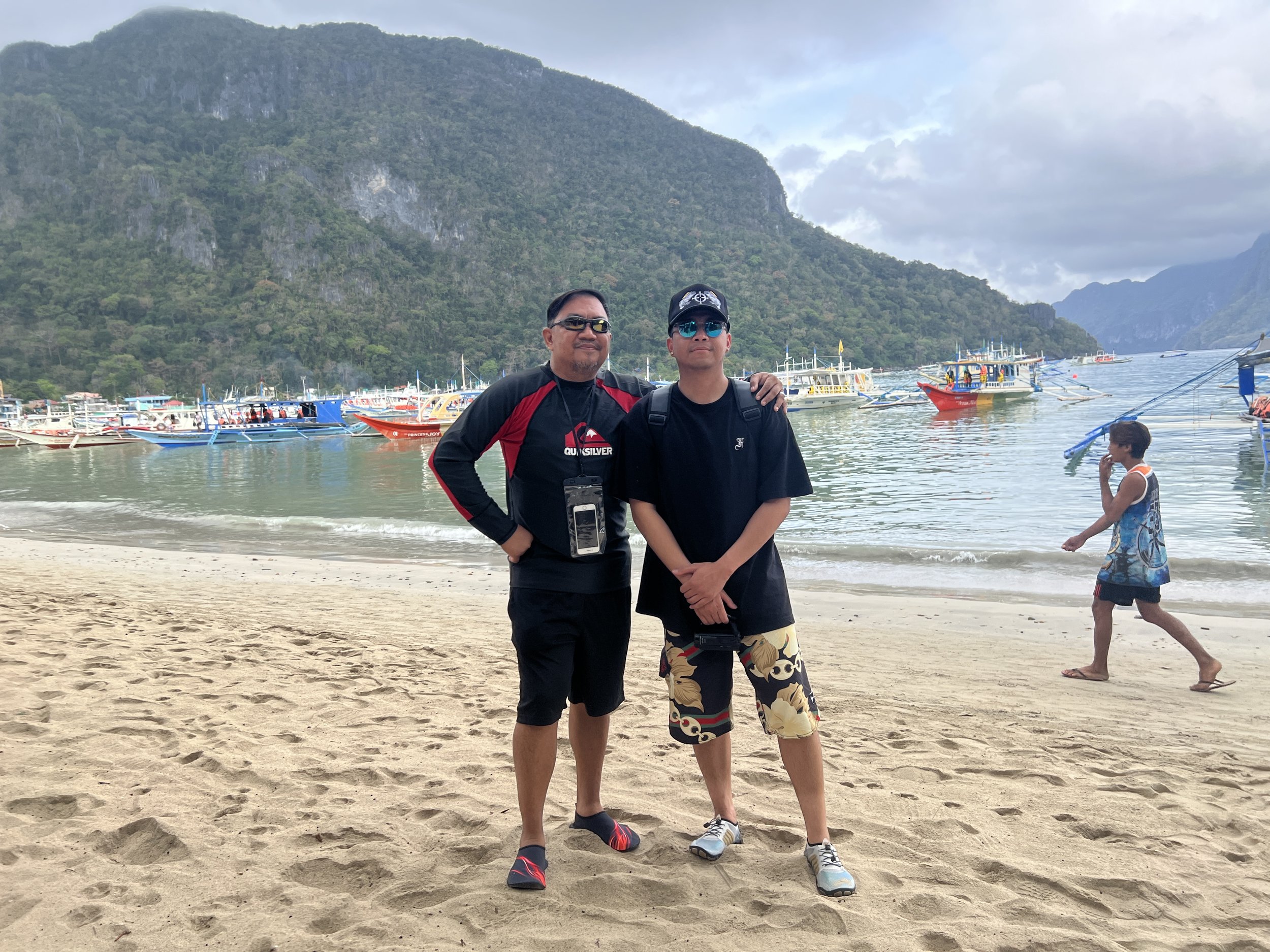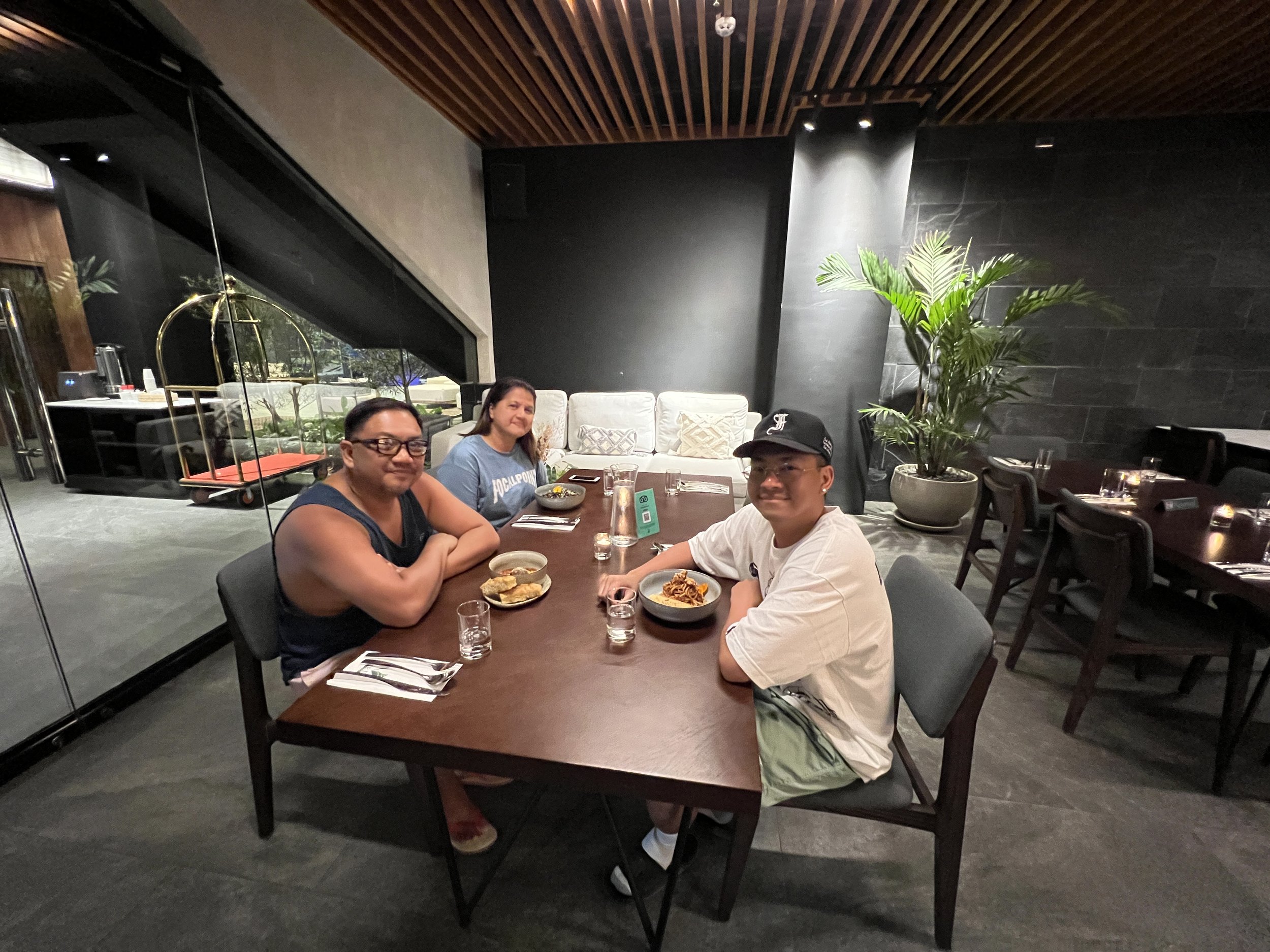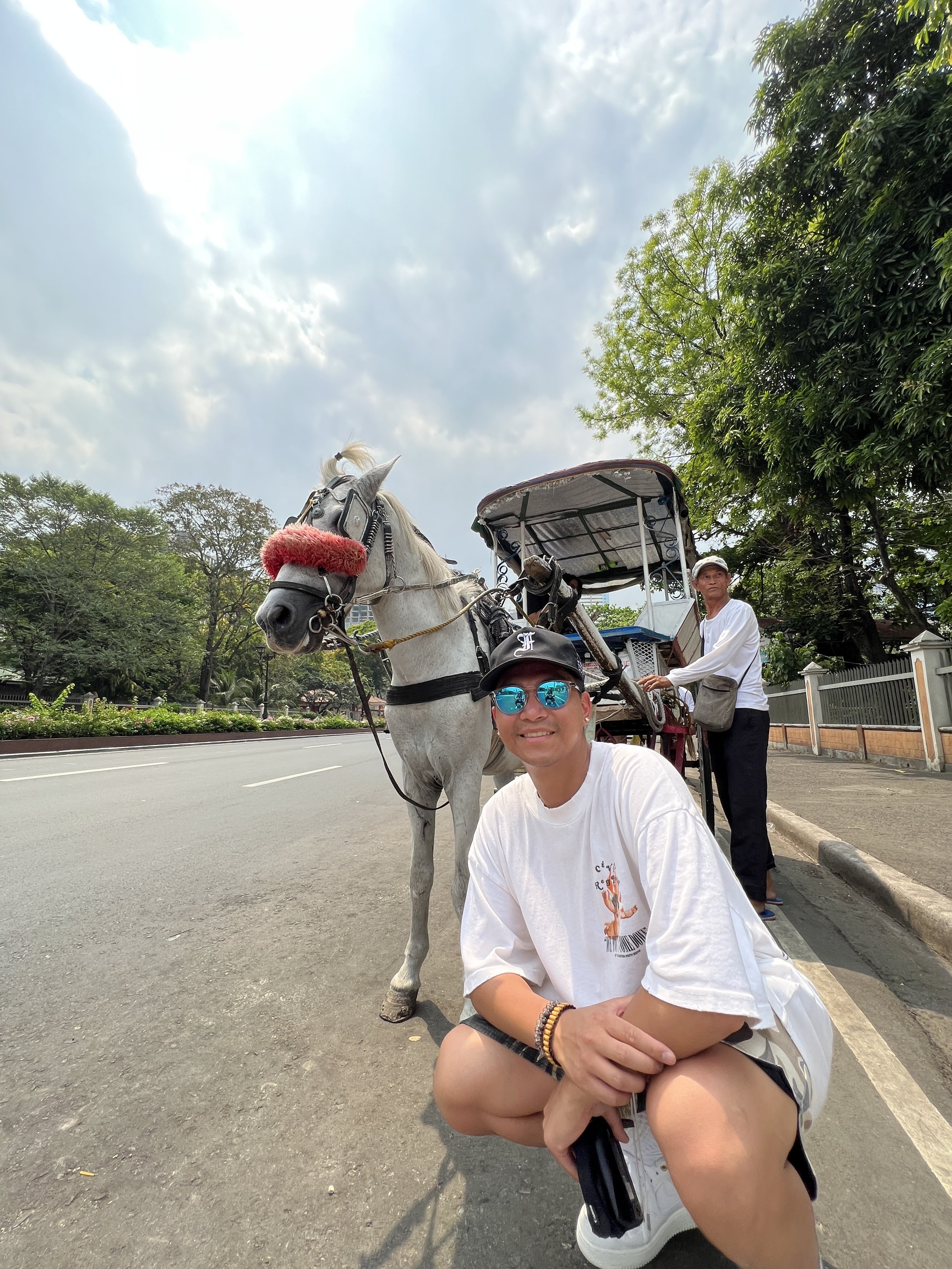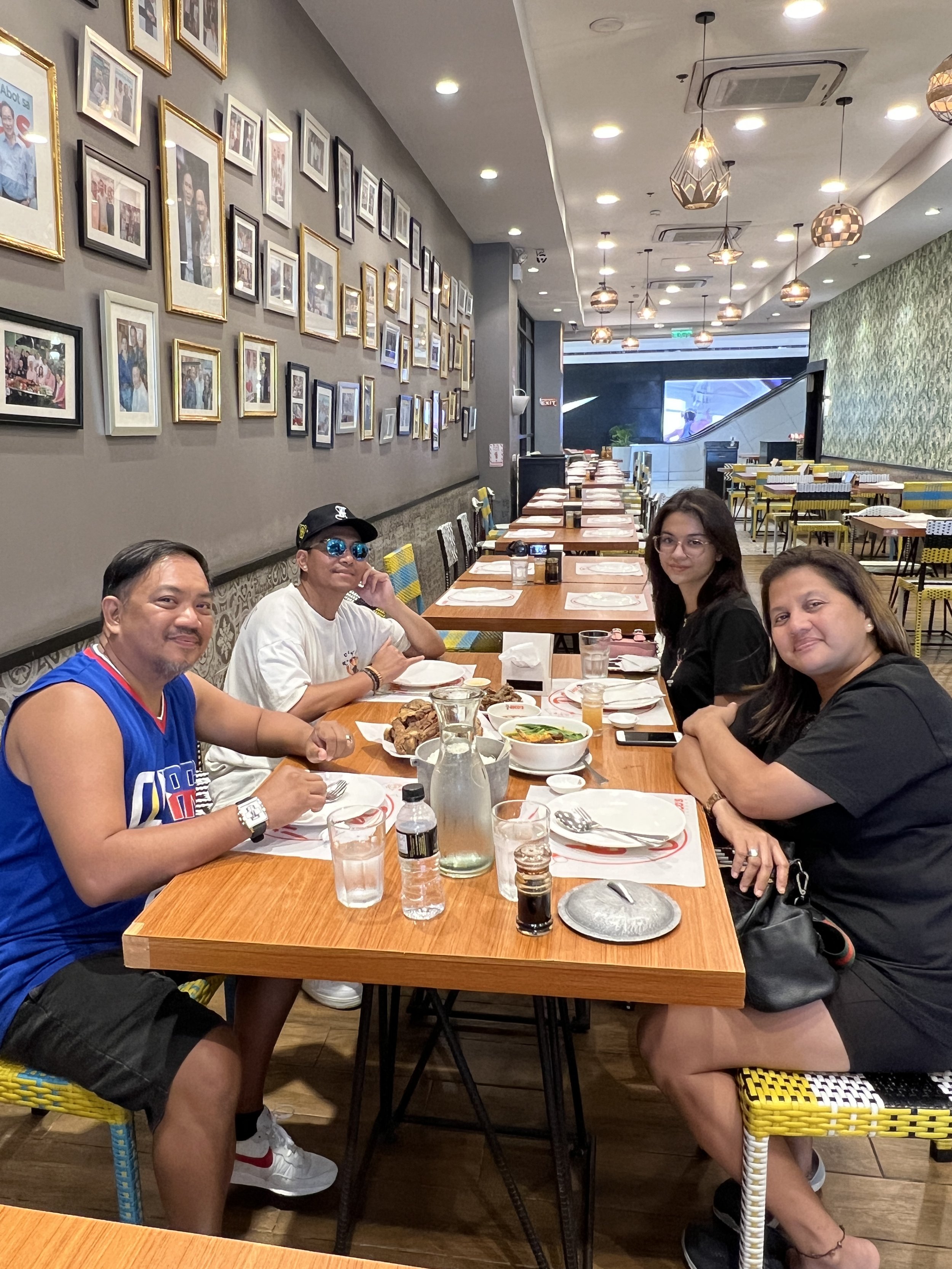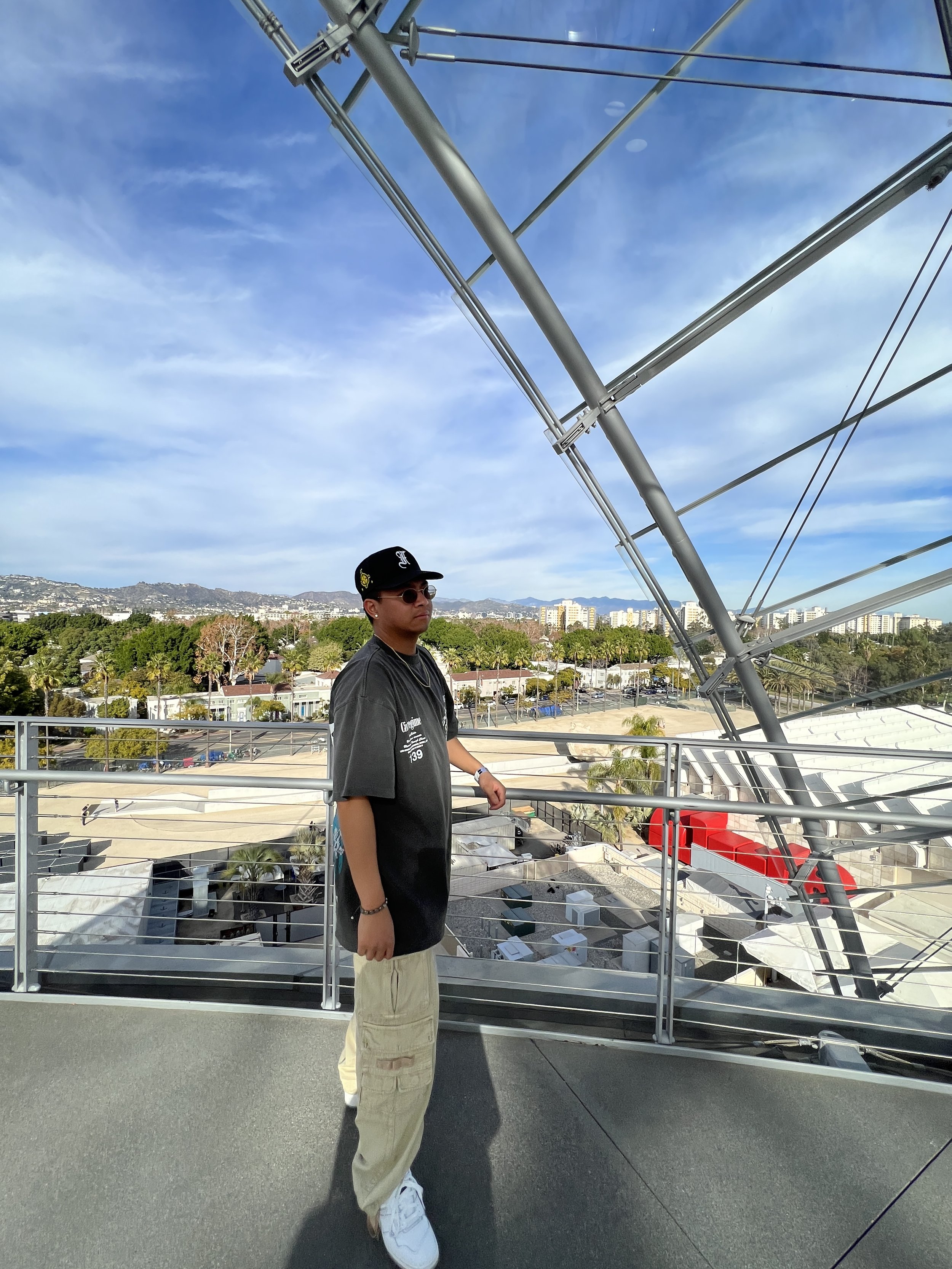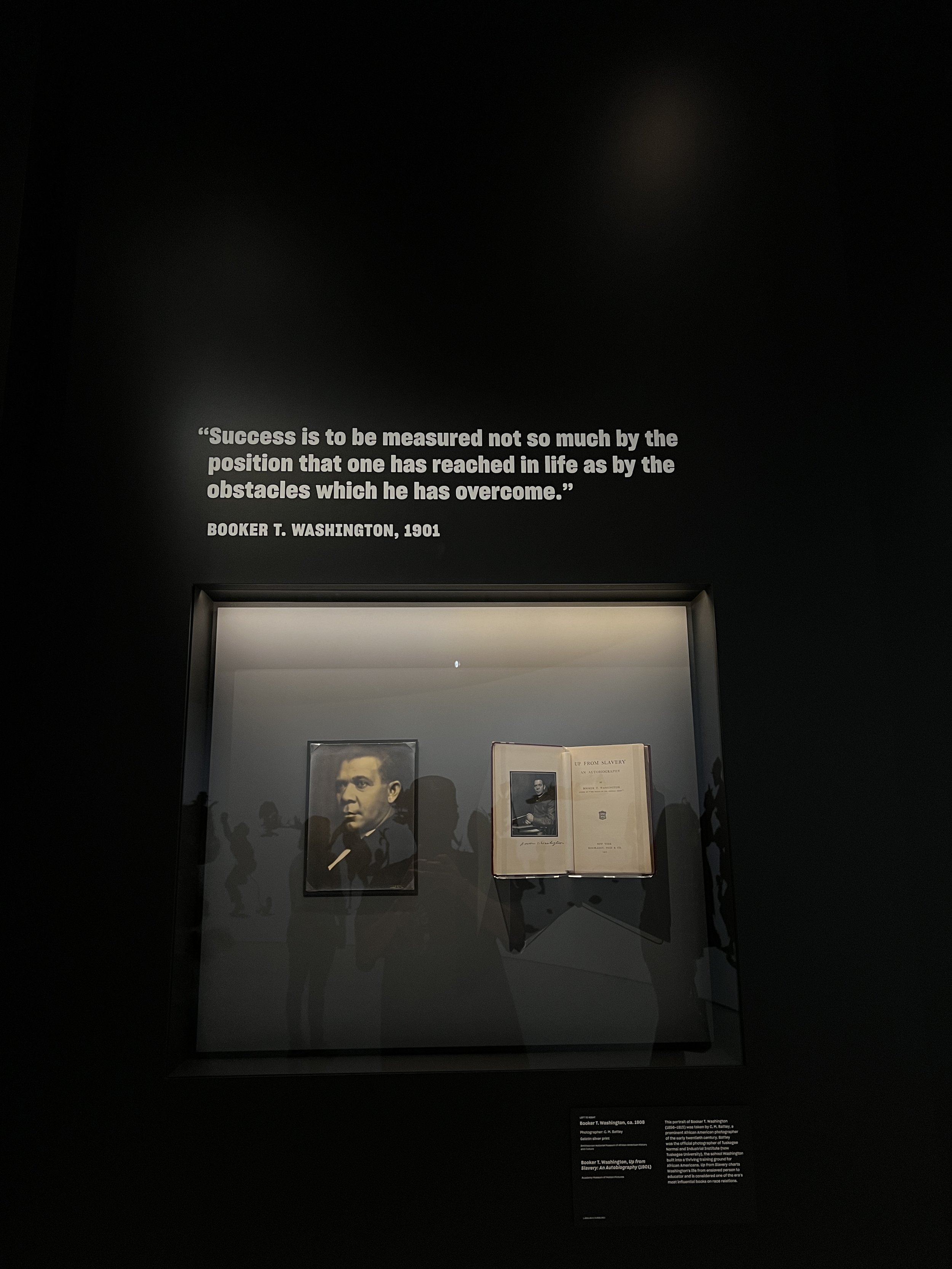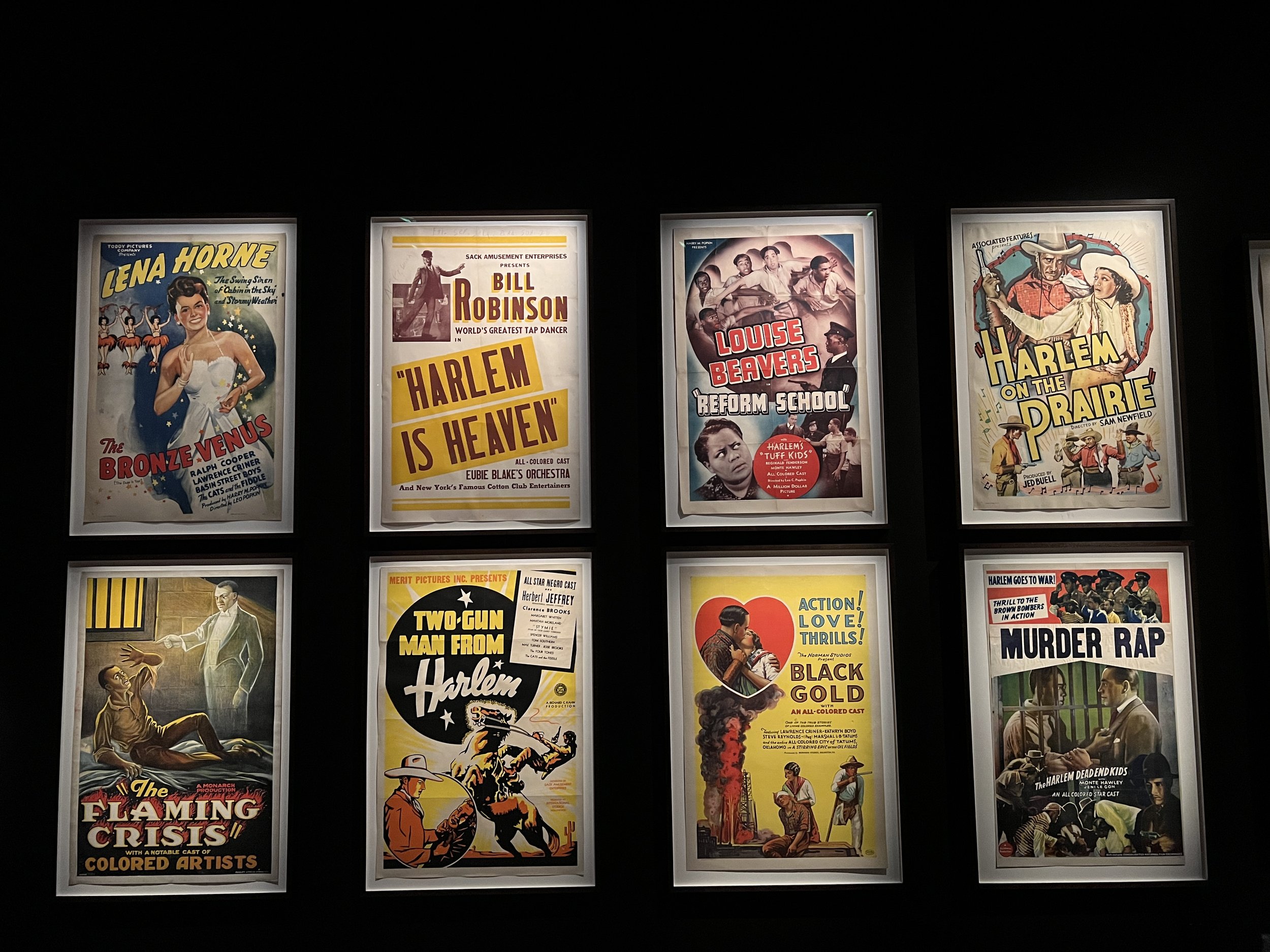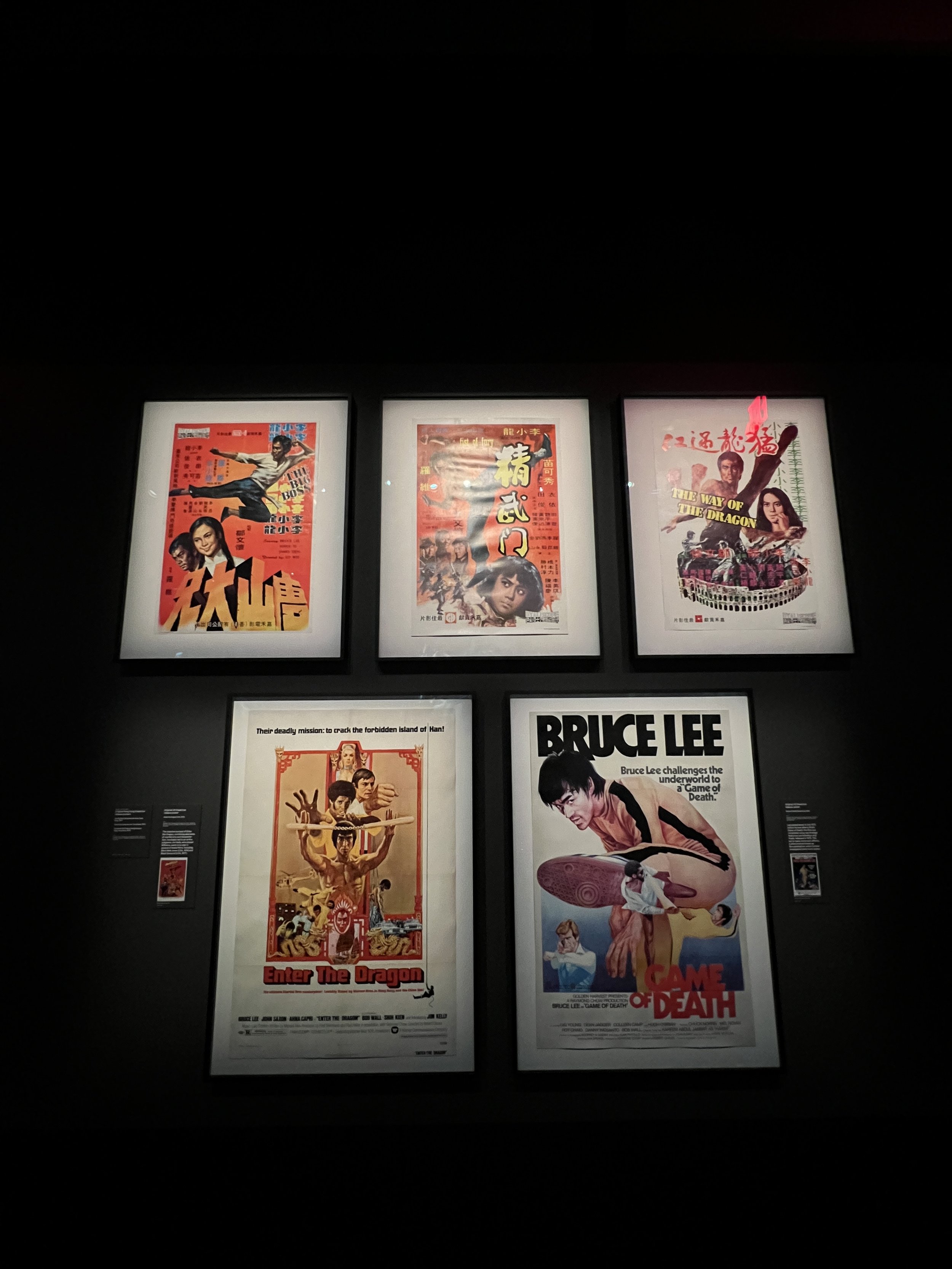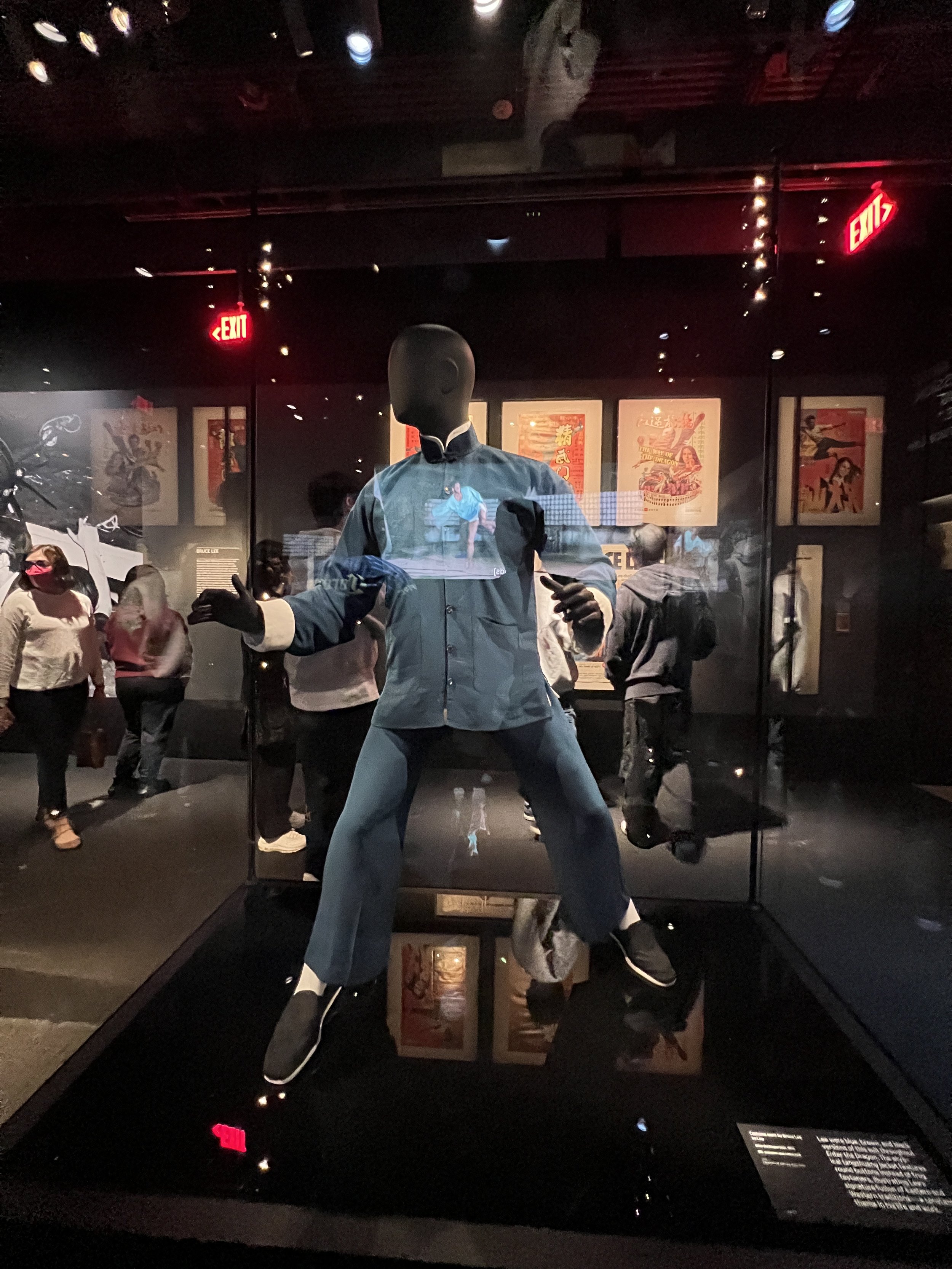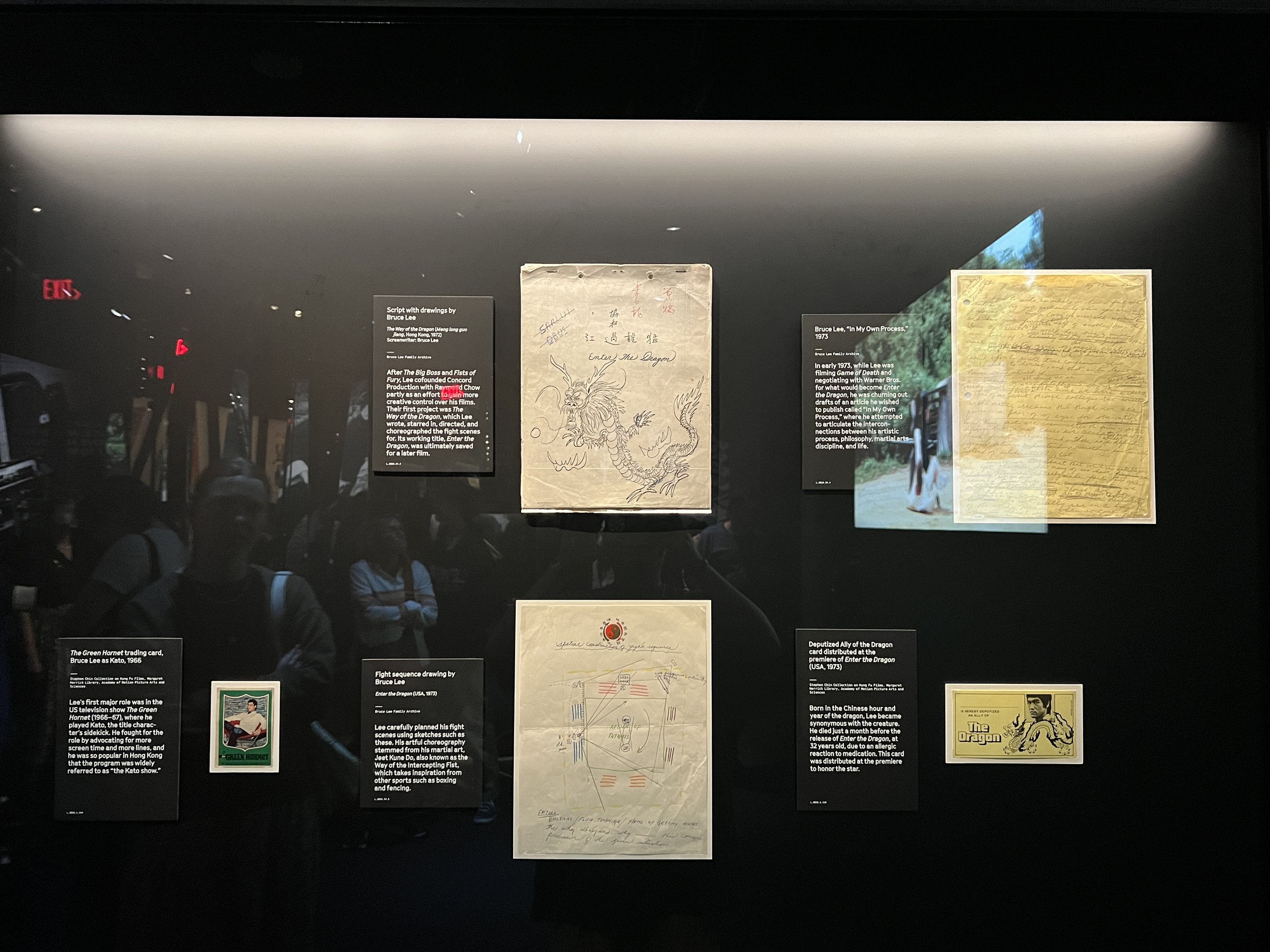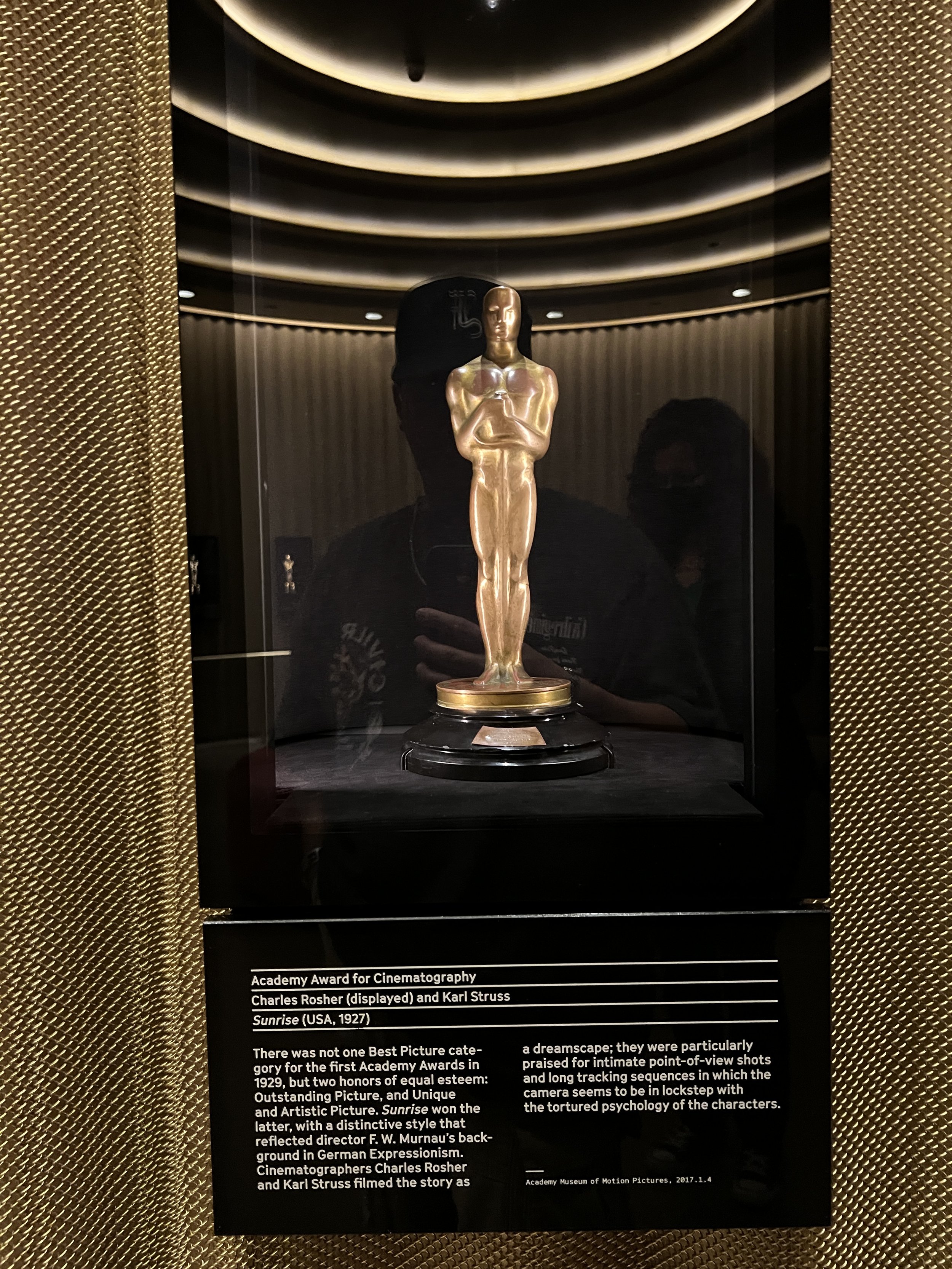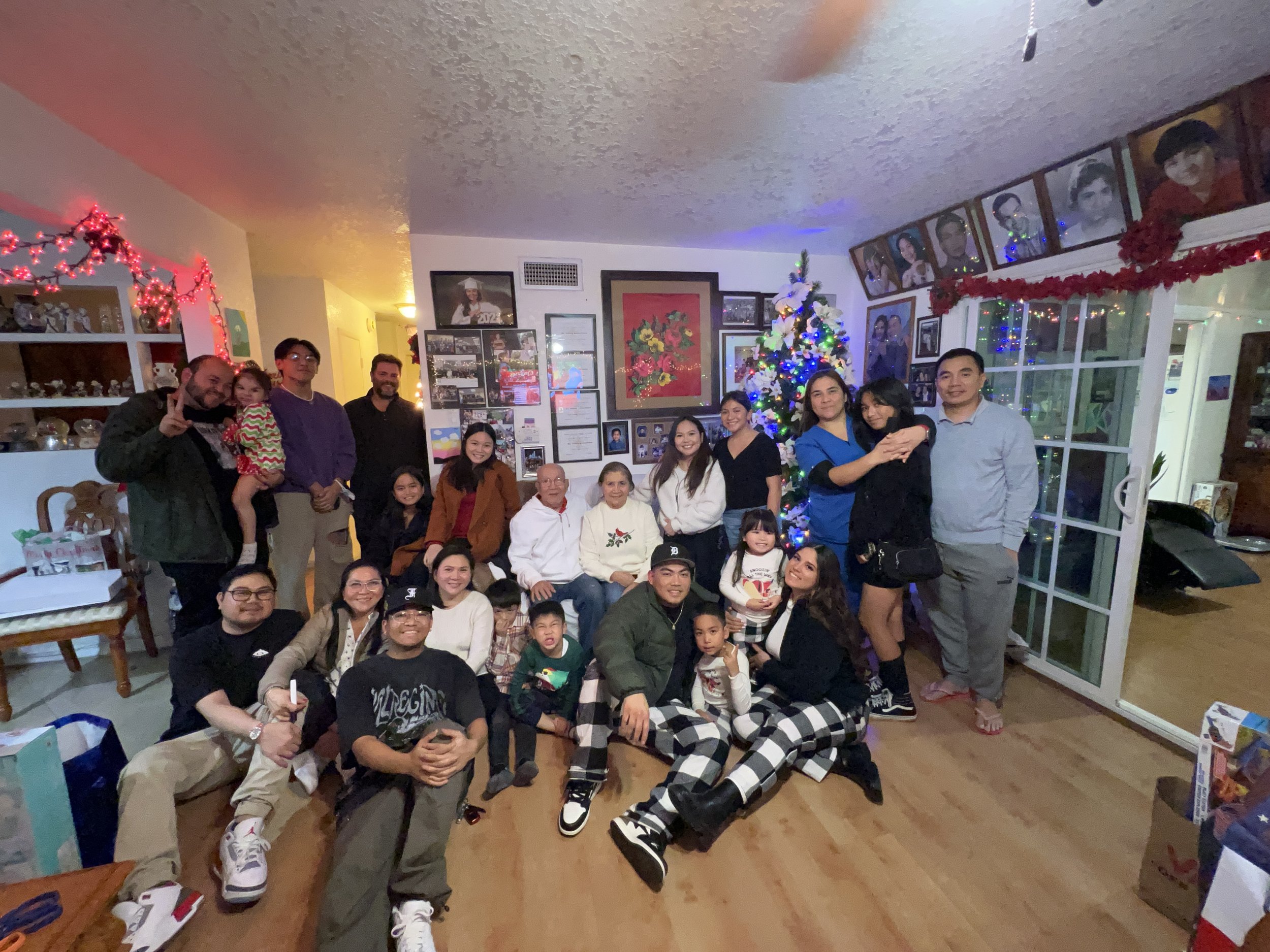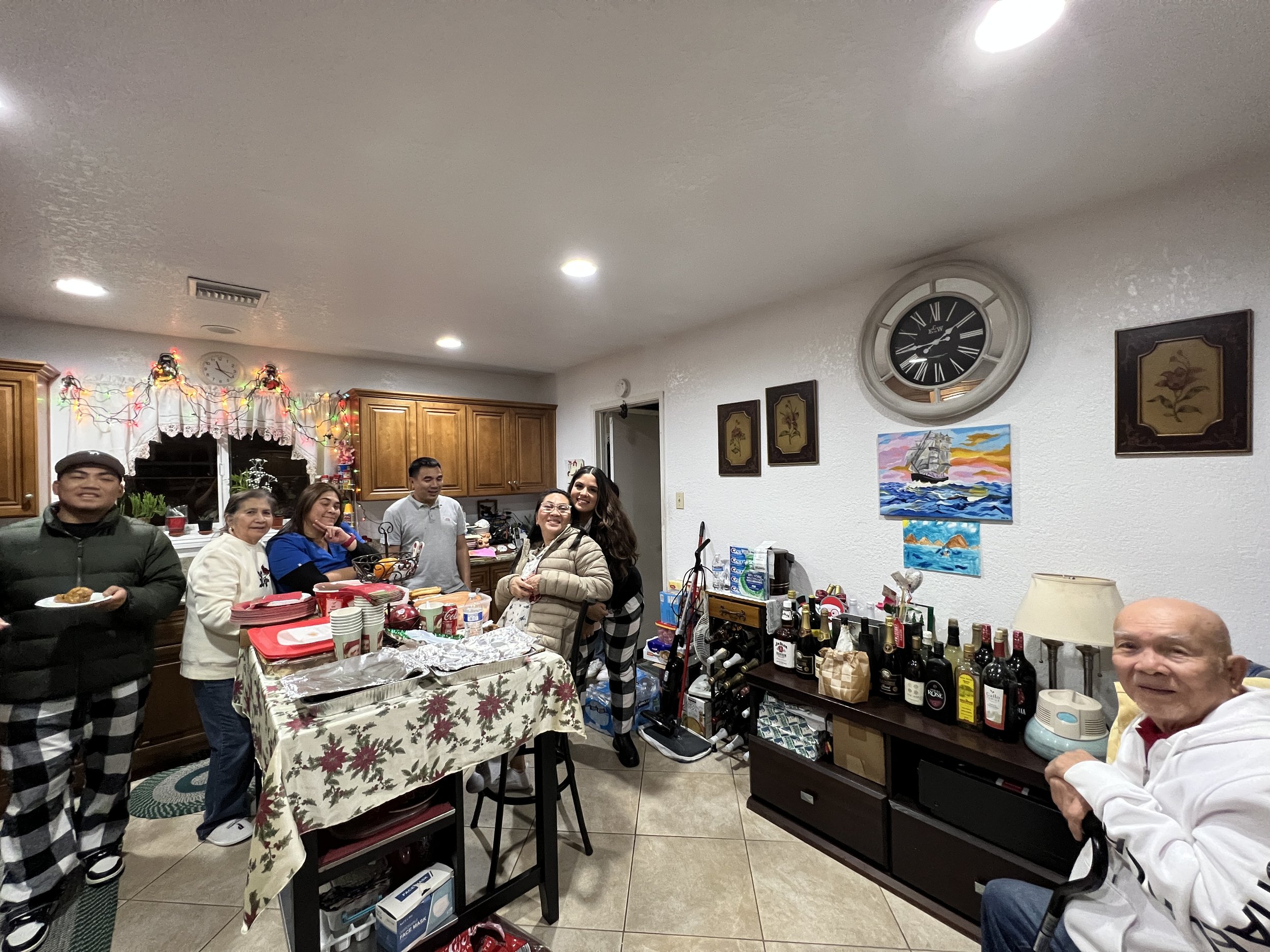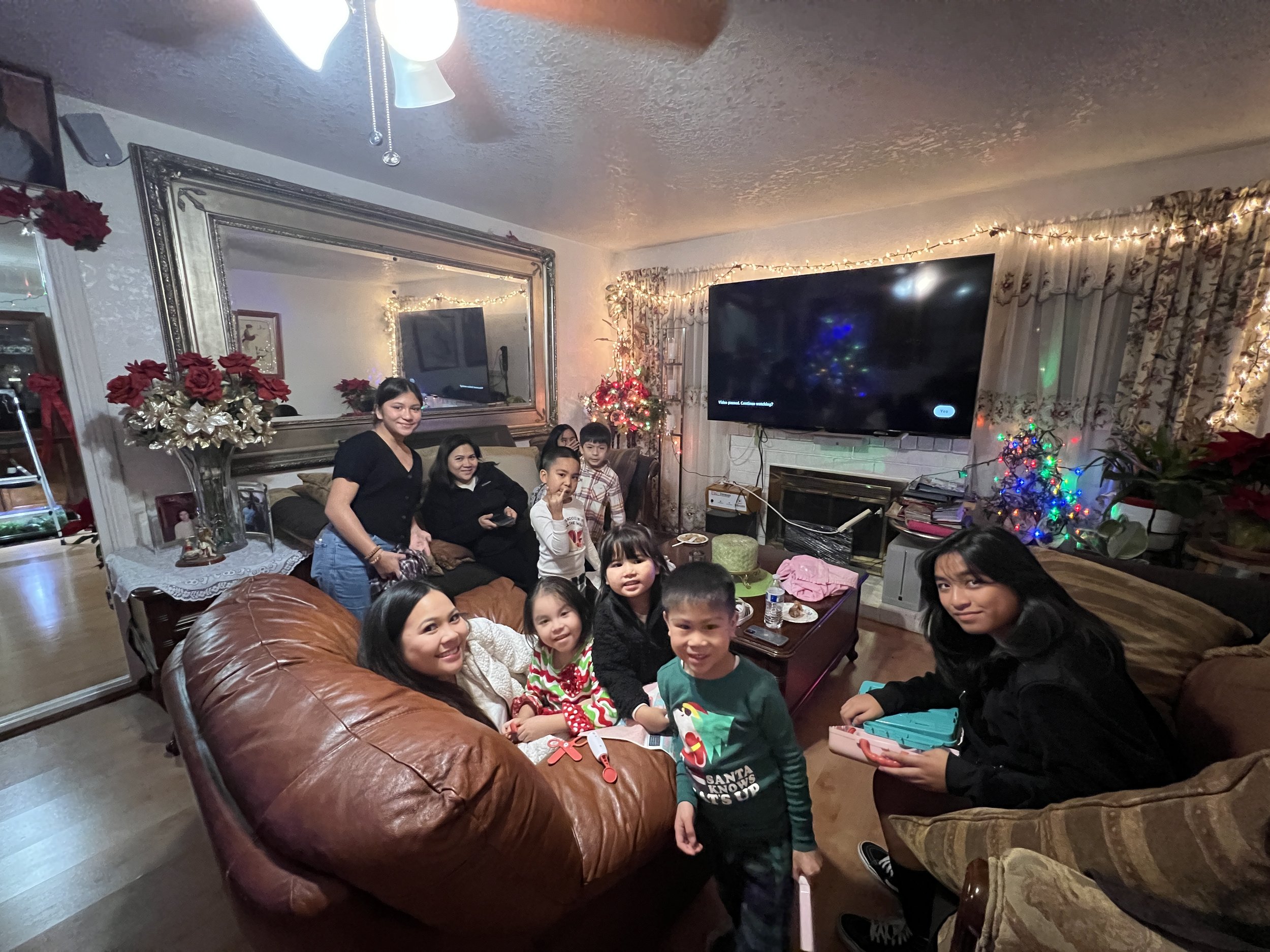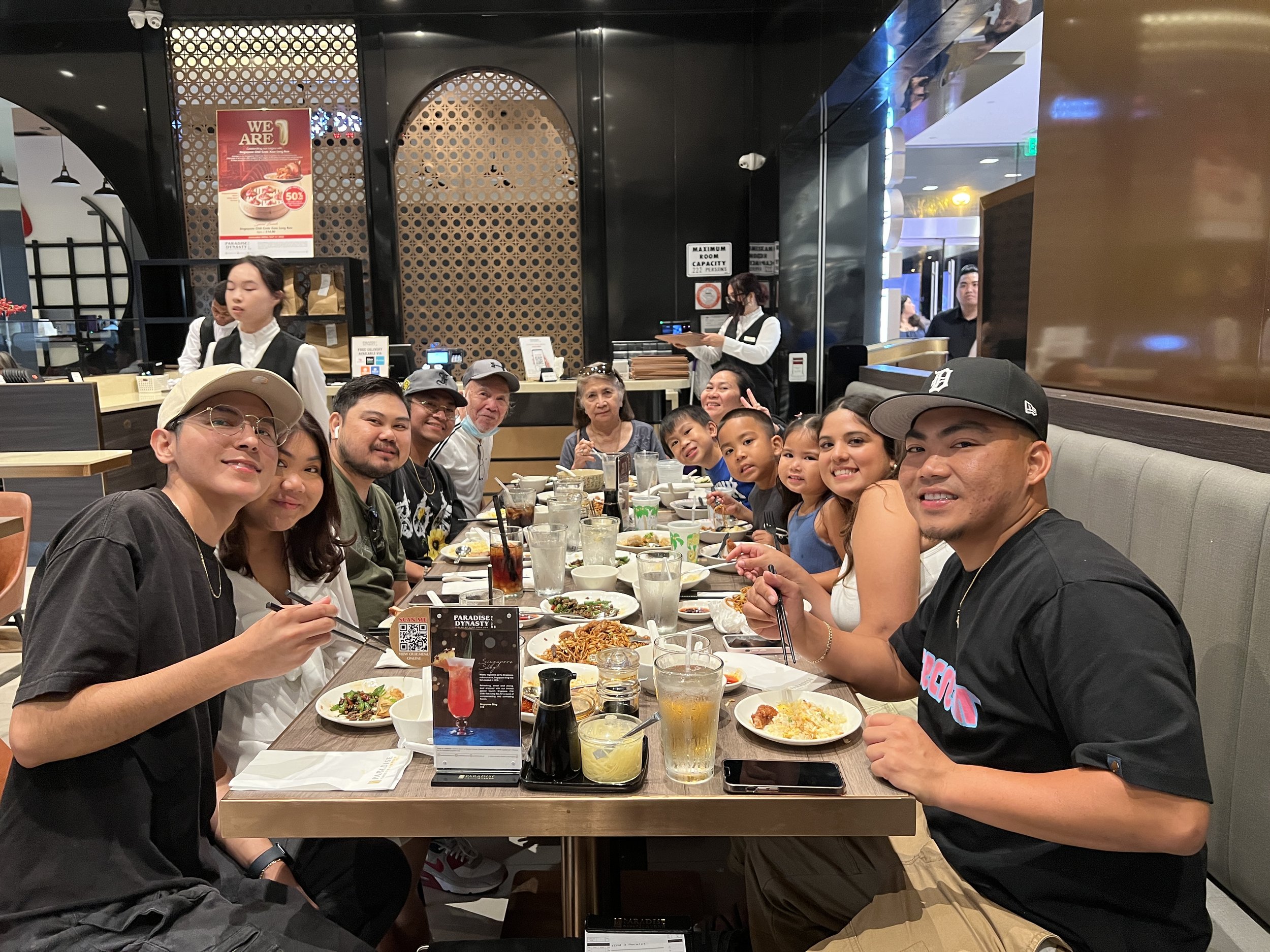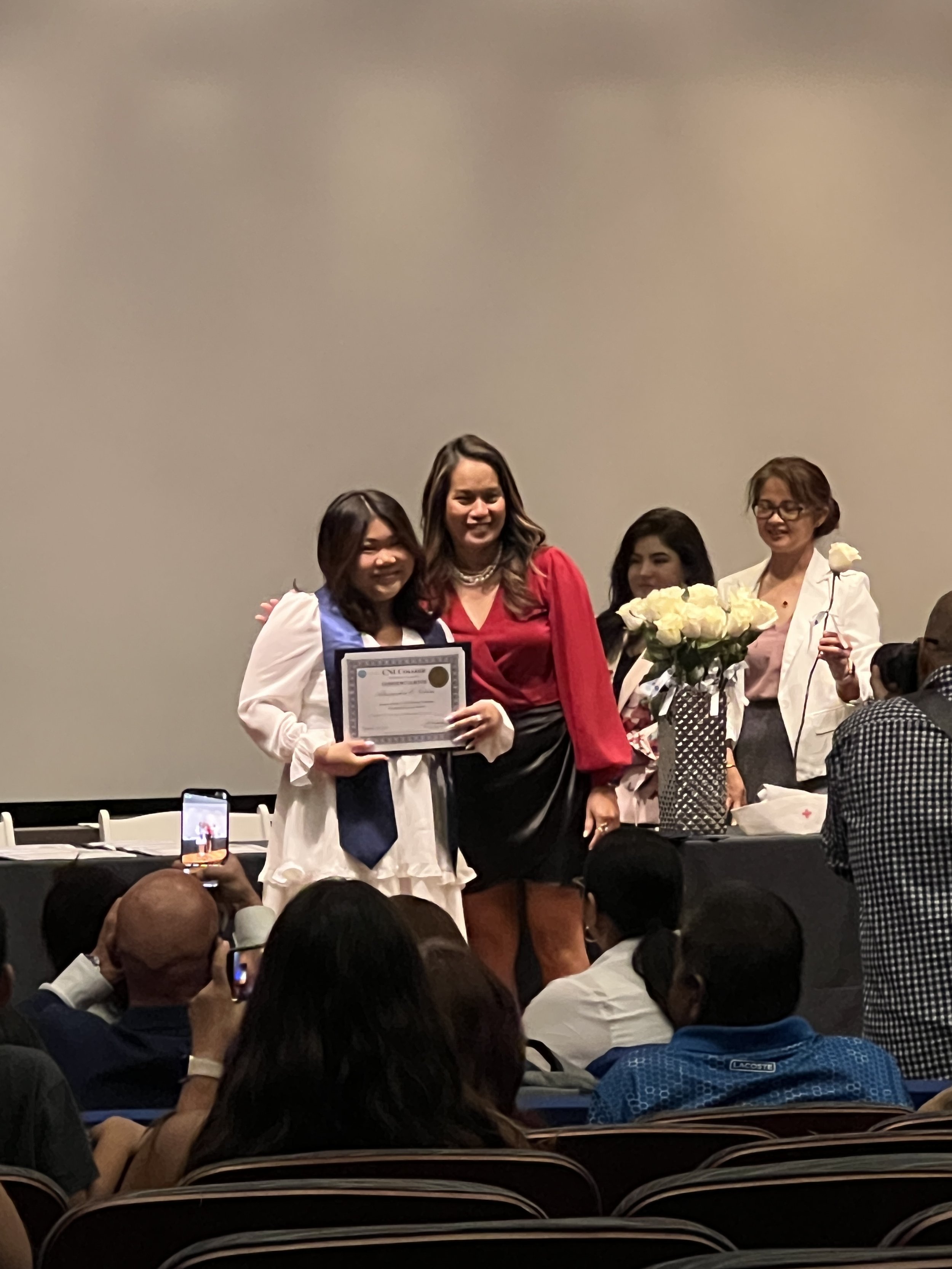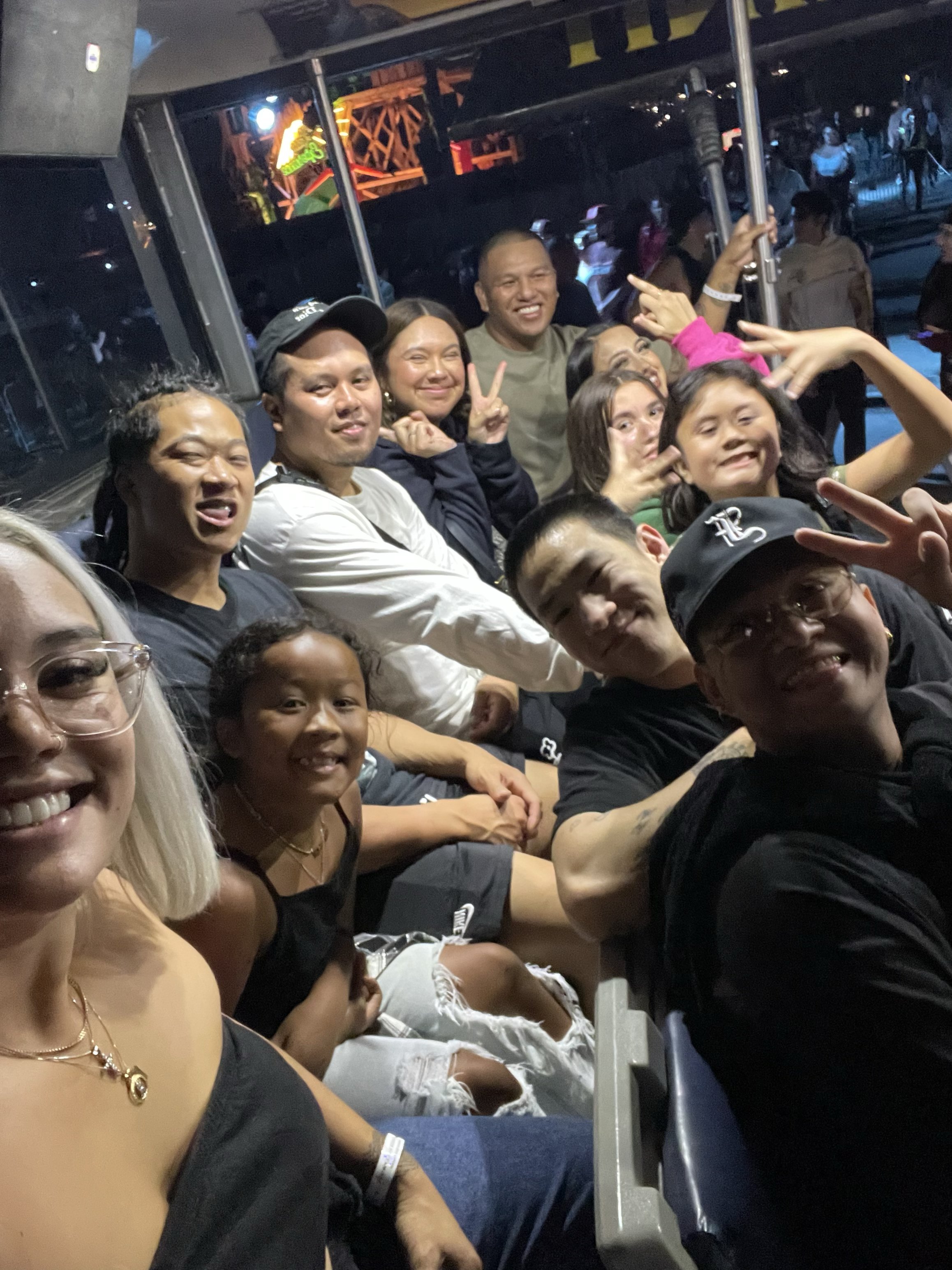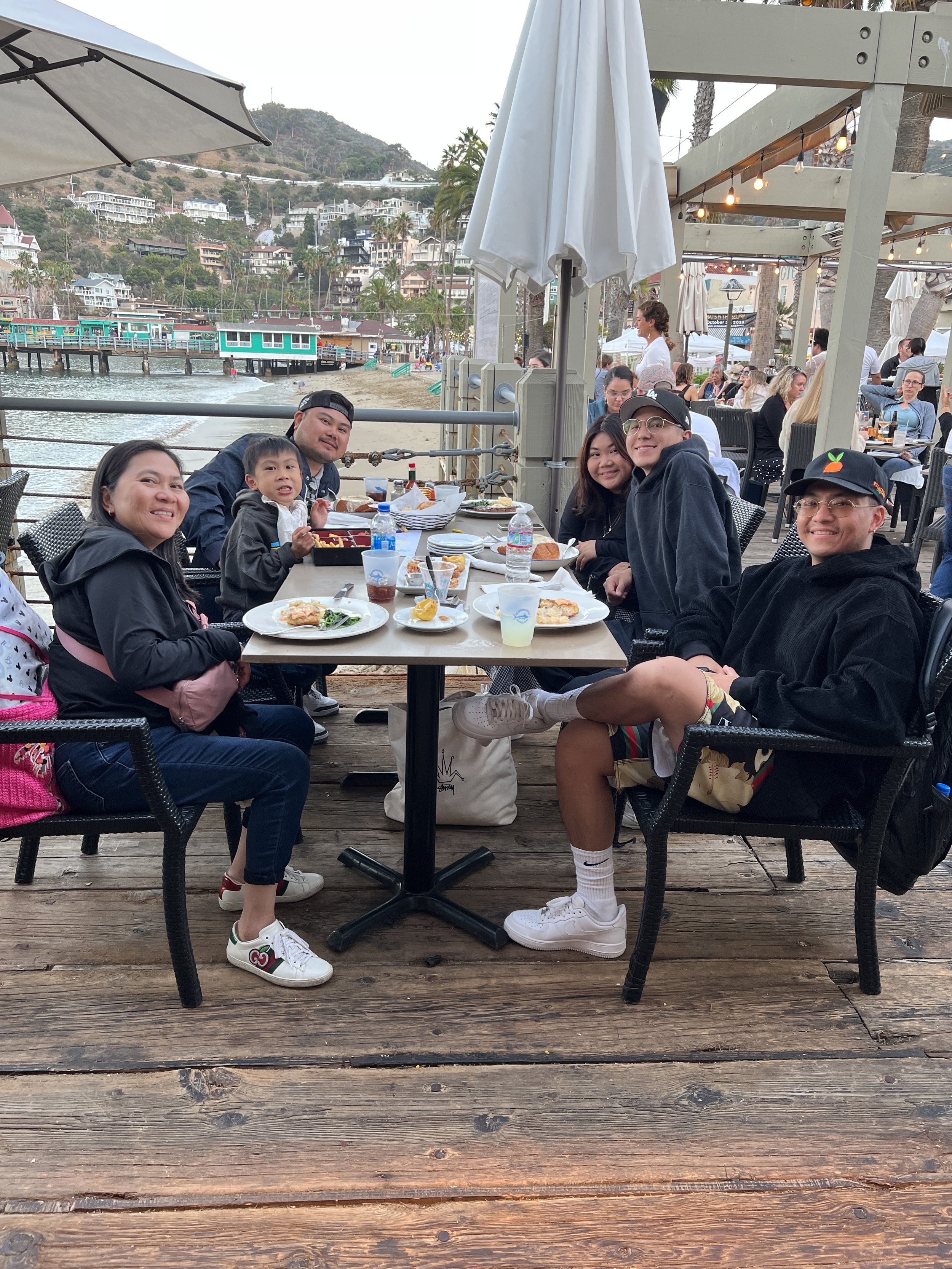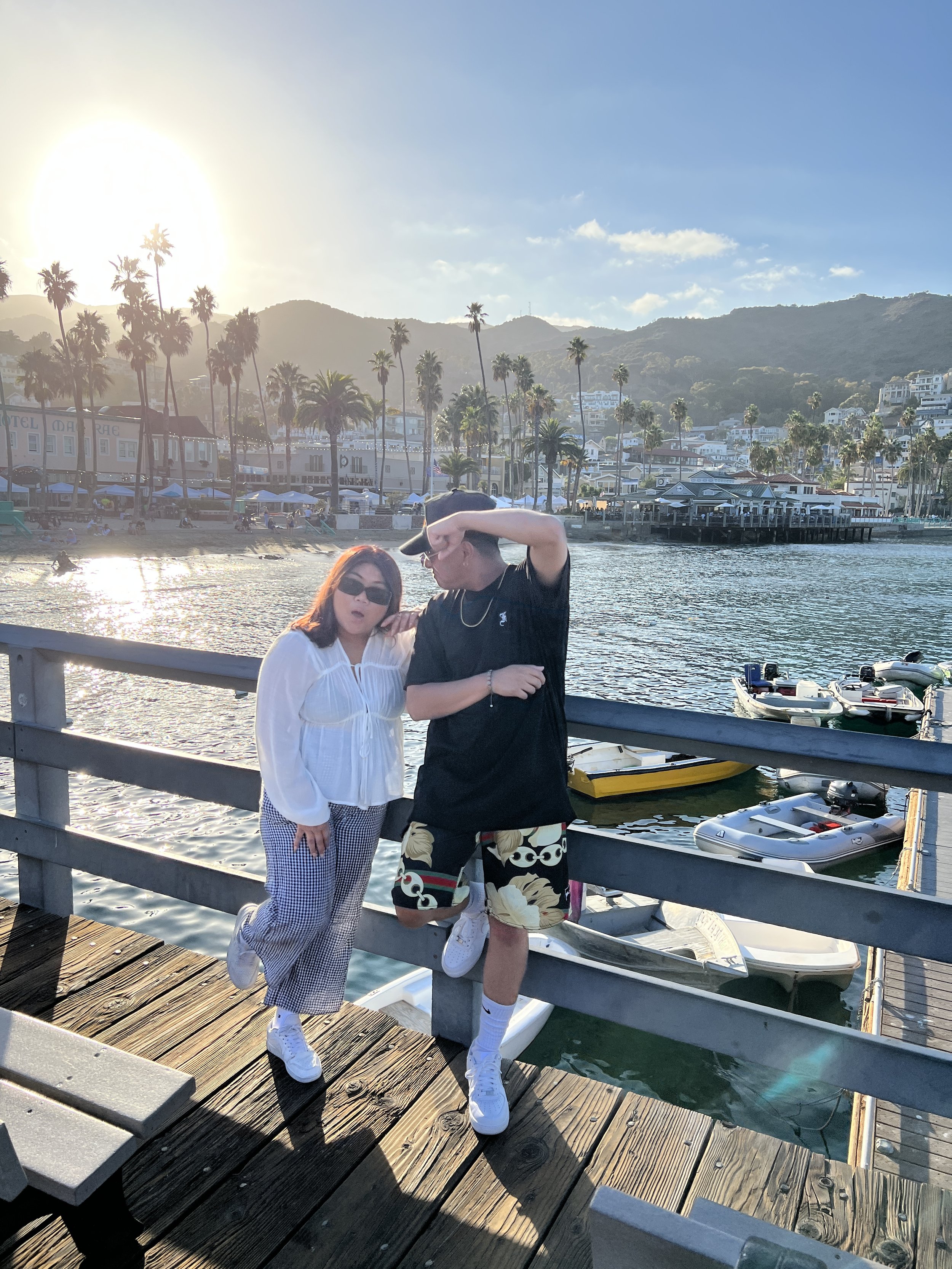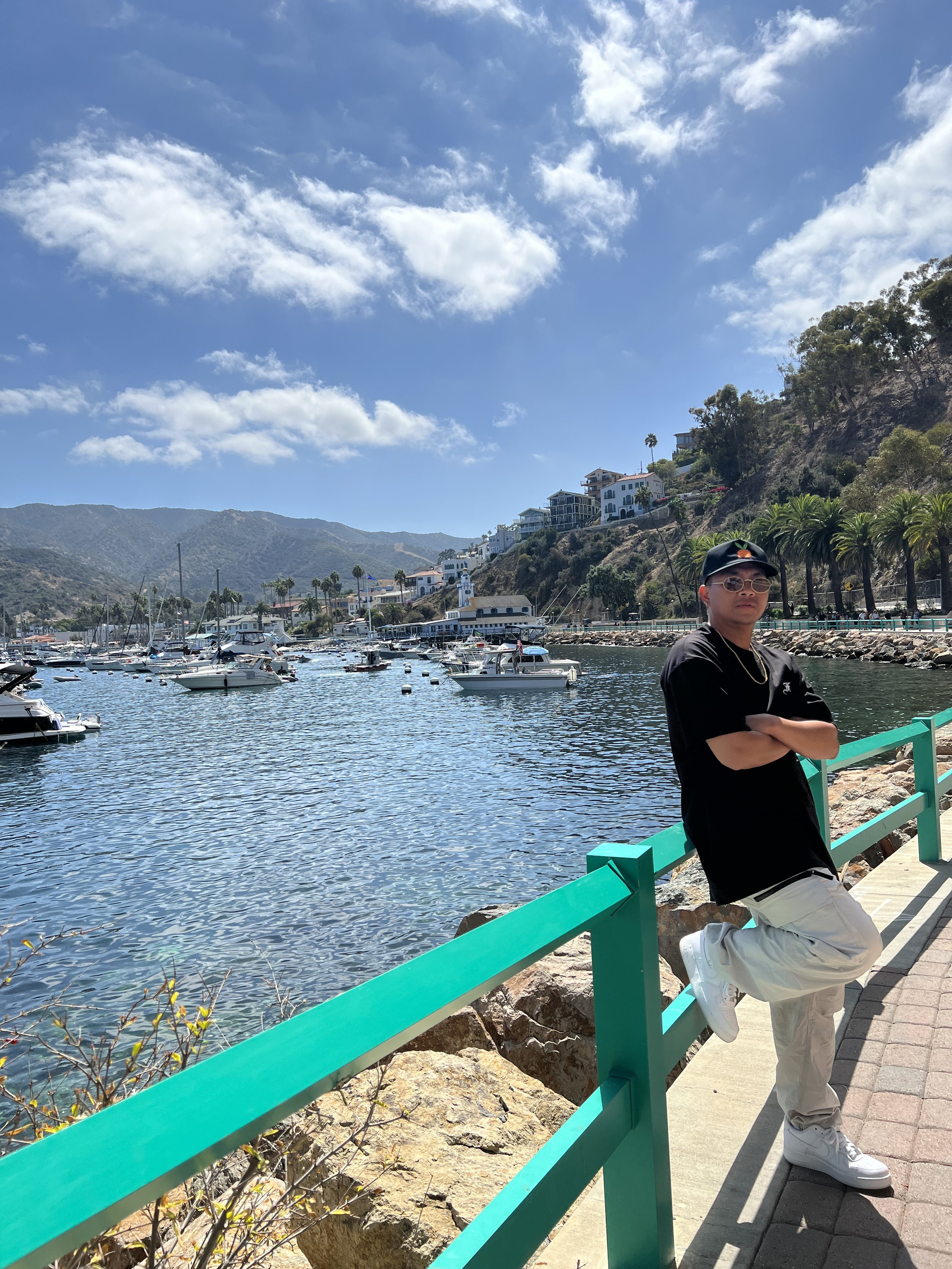I’ve talked with several people lately who have tasks lists from the floor to the ceiling, and it just overwhelms them. They’re not alone — I can relate, and lots of people have this problem.
If we’re fairly organized, our task list has everything we could possibly want to do on it, and it’ll get longer and longer.
That’s the good scenario — most people don’t have everything on the list, and the tasks are scattered across different systems and lists, in email inboxes and messaging apps, in browser tabs and pieces of paper, and in their heads.
Either way, it eventually gets so overwhelming that many people will give up whatever system they’re doing and start afresh, because the old system wasn’t working. In truth, they just didn’t have a way to deal with the overwhelm.
So what can we do?
It turns out, several key things.
Get Clear on Priorities
Let’s call this Step 0 — if you’re already clear on what matters to you, you’re ahead of the game.
But think about this: if you don’t know what matters, how can you focus on anything? Everything will seem urgent and important, and you’ll be scattered in lots of directions.
If you know what is most important, you can focus on that. The rest can wait. It’s like if you’re a doctor in a hospital, and one person needs a life-saving heart operation, and a hundred people have ankle sprains. You’ll focus on the heart operation, and let the ankle sprains wait for a few minutes.
Get clear on what matters to you. Make a list. Write out why. It’s worth spending 30 minutes on this.
Get clear on what’s important this week. And what you need to focus on today.
If you can get clarity on what matters & what to focus on, it will make you so much more effective than jumping around from task to task as if you were putting out a thousand small fires.
Change How You Relate to Your Tasks
Think about your list of tasks right now — does it feel stressful? This is a sign that you think of them as burdens, as something stressful, or as a potential way that you’re going to let people down or fail or look stupid. Or maybe all of the above.
How I’ve often related to my tasks is something like, “If I don’t do this task, I will be deficient and let people down.” If I have a list of tasks that’s full of these kinds of potential failures … of course it will be stressful!
How do you relate to your tasks?
Is there a more empowered relationship you can create?
Some examples:
I’m fully committed to this task because it’s incredibly important to me, so I’m going to create a sacred space of 30 minutes today to be fully present with it.
This task is an opportunity for me to serve someone I care deeply about, with love.
These tasks are training ground for me to practice presence, devotion, getting comfortable with uncertainty.
These tasks are an adventure! An exploration of new ground, a learning space, a way to grow and discover and create and be curious.
This task list is a huge playground, full of ways for me to play today!
These are some examples from my life, but they don’t have to be your relationship — what empowered way would you like to relate to your tasks?
Find that, and practice it daily.
A Short List
I find it helpful to have a long list of tasks, separated by area (work, personal, finances, etc.) and project, if applicable. But this long list can’t be done today.
So I create a short list, of just stuff I’m going to do today. I call it “Today’s Joy List”. I try to keep it to 5-6 things, though often I give in to the temptation to add more joy opportunities than I actually have time for. :)
If I have meetings, those are on the list, and the more meetings I have, the fewer tasks I allow myself to put on the list.
What things have to be done today?
What things would be a really powerful use of your day?
Just focus on those. The rest can come later.
Full Focus
With a short list of high priority tasks, and an empowered relationship to those tasks … the world is yours!
The final thing I would say is to focus on one thing at a time. If you can practice this regularly, the overwhelm starts to lessen.
The opposite of this is constant switching between tasks. Doing quick emails, working on a task, but 30 seconds into that task you go check your favorite website or messages, etc.
Full focus is picking something important to work on, and then clearing everything else away. Make this the only thing in front of you. Notice the urge to go do something else, breathe, then bring focus back to the task.
Let it be your whole world. Be grateful to have this task in front of you, this opportunity to serve people you care about, this opportunity to play and be curious, this opportunity to learn and find joy and delight.
Now that I’ve shared these ideas of working with an overwhelming task list … how would you like to practice?
-AG














